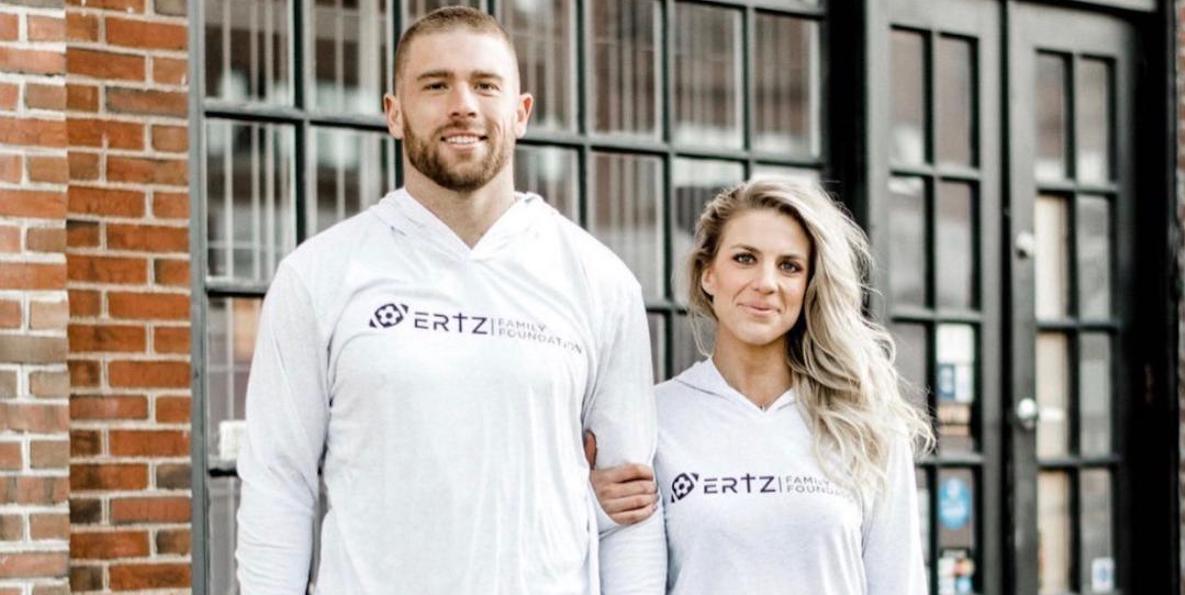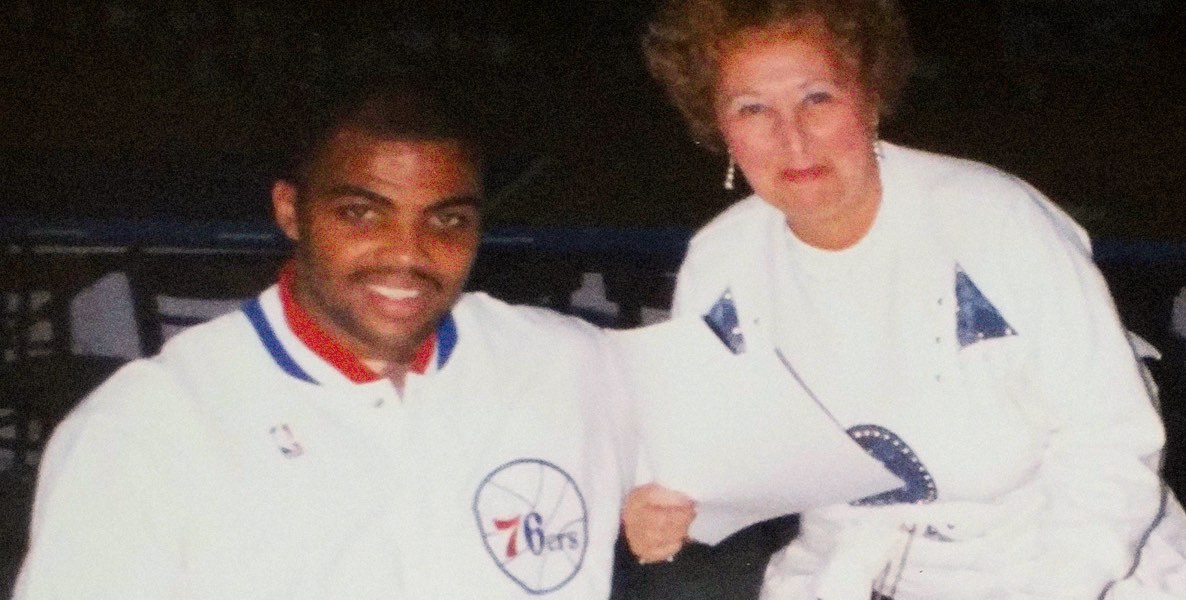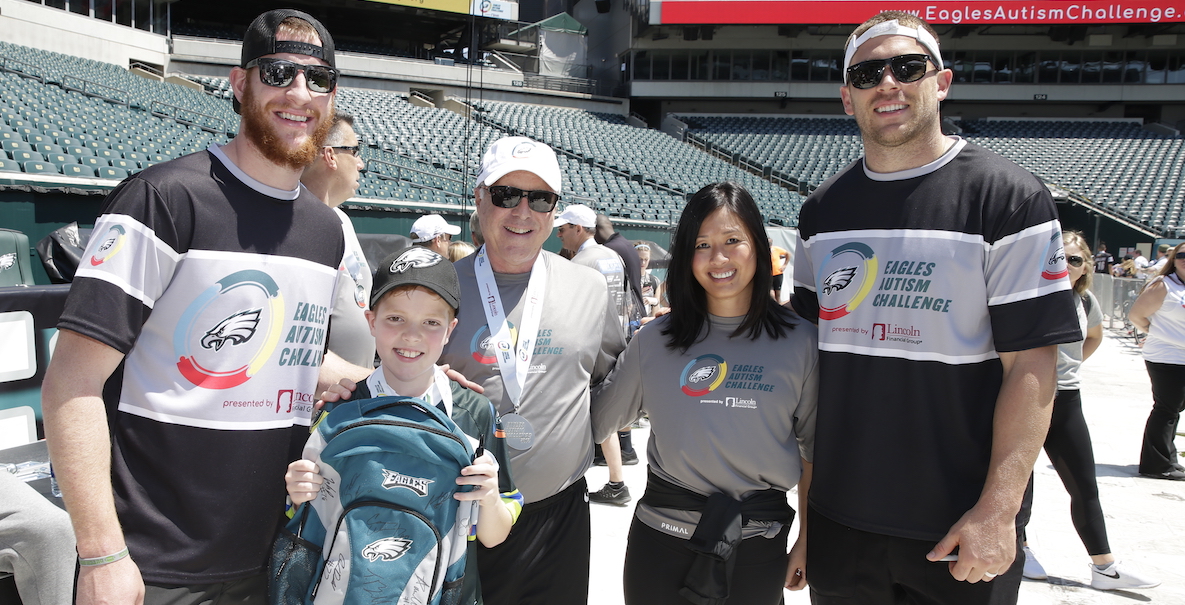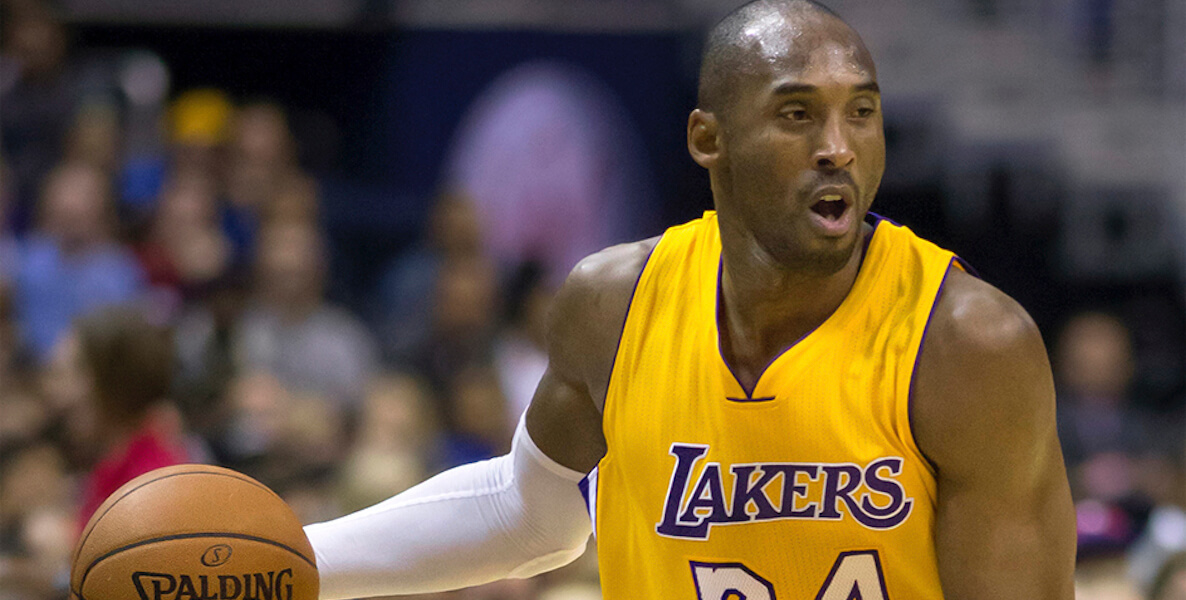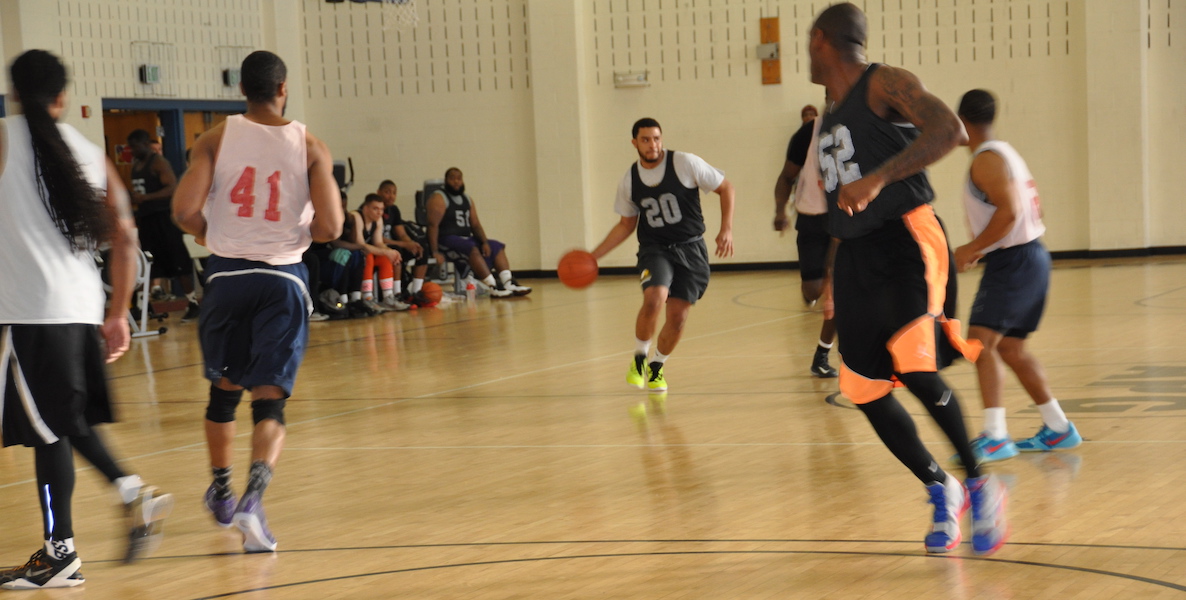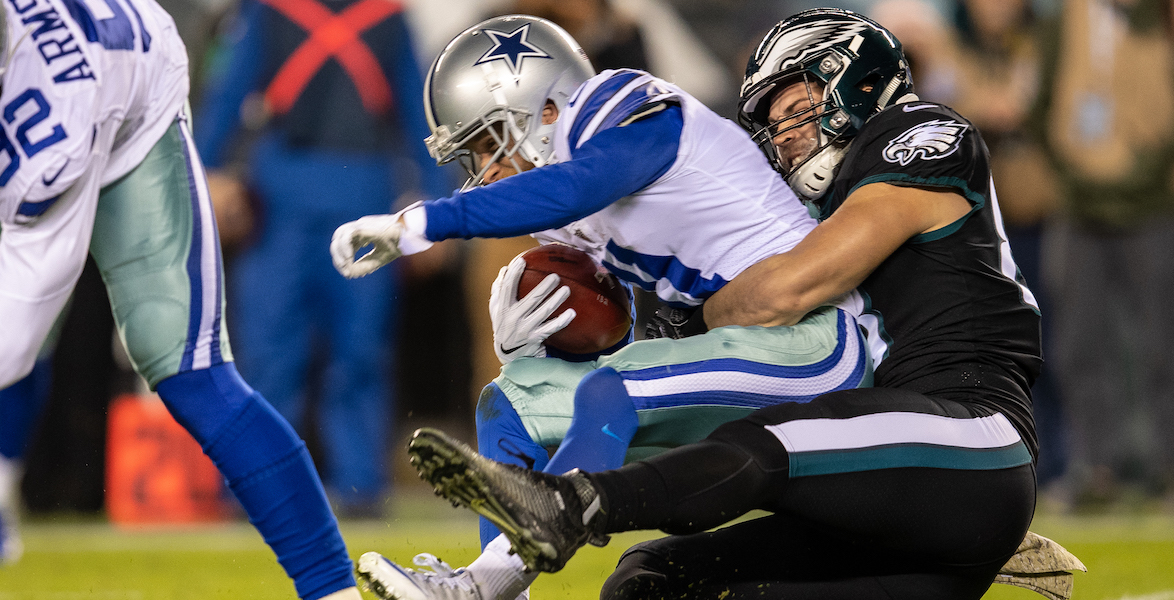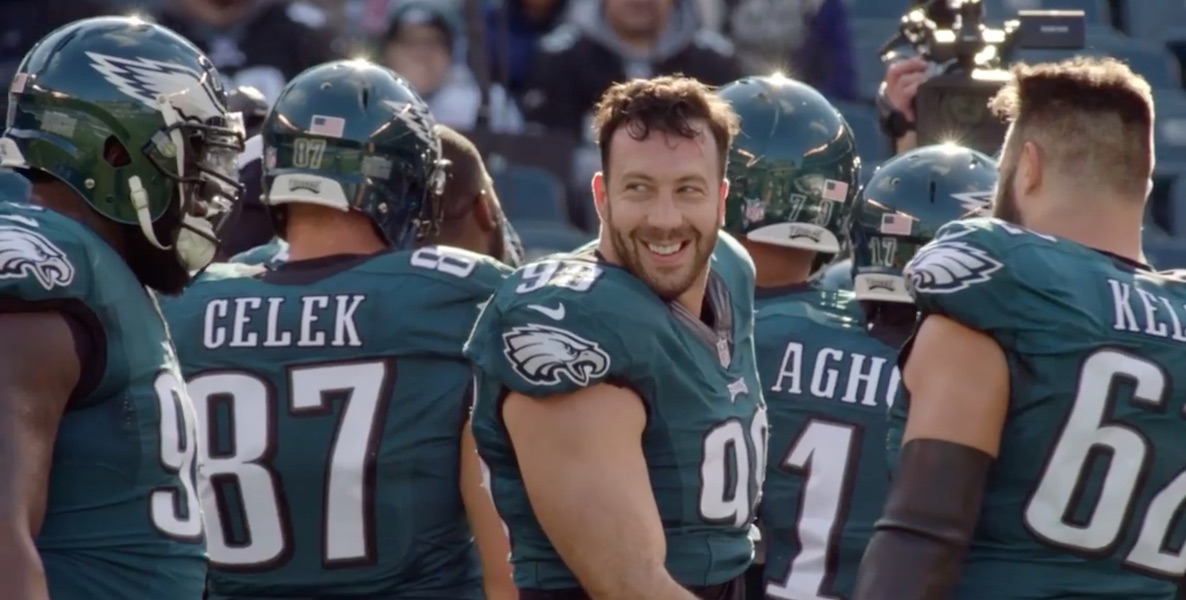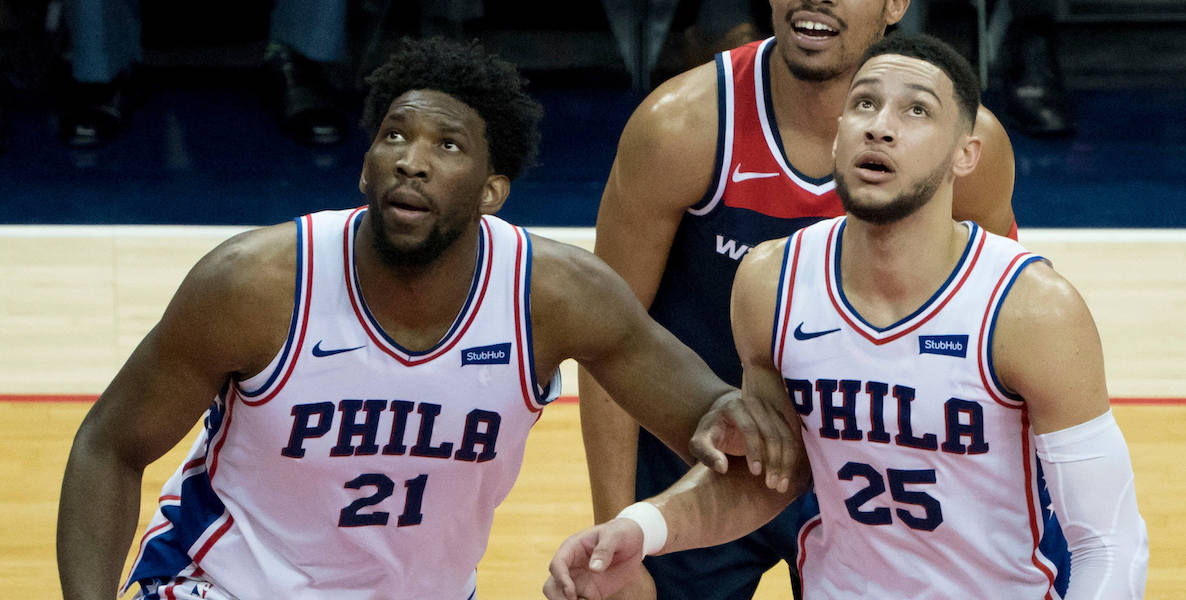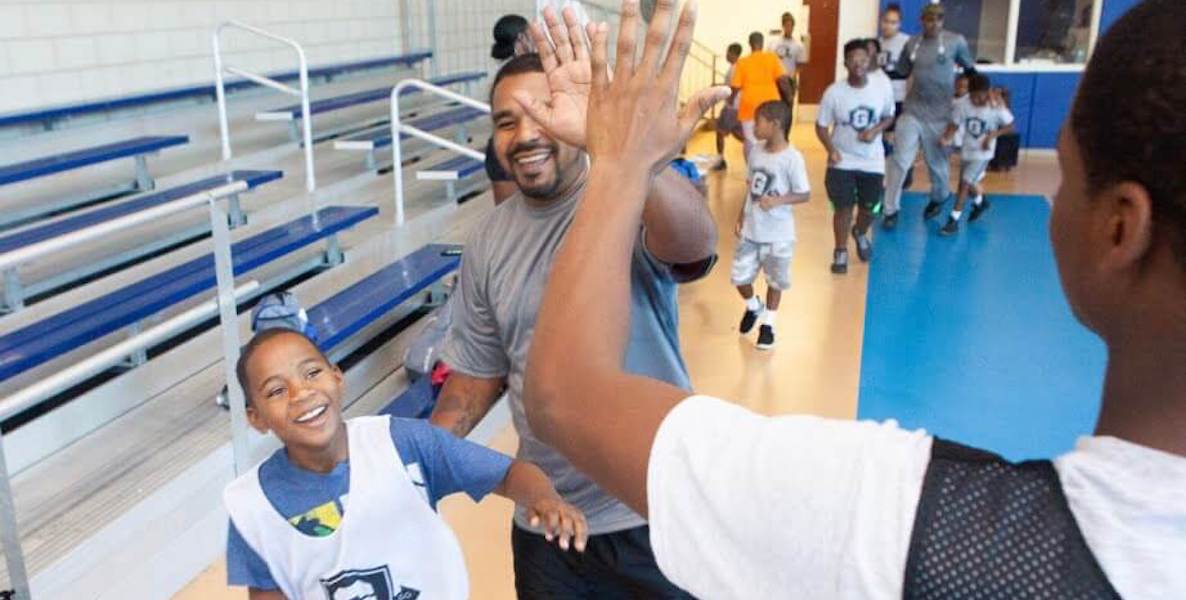In case you haven’t heard, our pro basketball team—which had billed itself as “built for the playoffs”—had its season unceremoniously curtailed by the Boston Celtics, which prompted the firing of Coach Brett Brown.
Of course, Brett Brown wasn’t really the problem—not entirely, at least. All one had to do was tune in to the smart podcast discussion between J.J. Redick and Jimmy Butler—two great veteran players the team’s front office disastrously jettisoned a year ago—to get a sense of just how rudderless and dysfunctional the franchise had become.
Predictably, now comes the litany of familiar names as possible replacements for Brown. NBA coaching is a small fraternity, and coaches get recycled, having worn out their welcome in one city before moving on to the next. But the Sixers are solving for a different problem than most teams who jump on the coaching carousel.
Their problem isn’t basketball, which is why anyone interested in leadership and how to build organizational success in any field ought to pay close attention to how the Sixers proceed.
It’s axiomatic that college coaches are doomed to fail in the NBA, even though Celtics’ coach Brad Stevens refutes the proposition. NBA players are too wealthy and too alpha, the thinking goes, to be treated like college kids. What pampered pros need, the pundits hold, is more “accountability”—which is often code for “control.” That line of thought gets us back to the list of usual suspects.
There is one coach who defies the conventional script: Villanova’s Jay Wright, who is a type of anti-coach—while compiling the winningest record in college basketball the last half-decade. Wright doesn’t train players how to play basketball. He teaches them to think differently about the game, and themselves.
What the Sixers need—as an organization—is a revolution in thought. Wright specializes in taking a group of disparate personalities and getting them to stare down ego, to elevate “we” over “me.”
That seems uniquely aligned with the Sixers needs now. After kicking locker room leaders like Butler and Redick to the curb, they effectively turned the team over to two twentysomething stars: Joel Embiid and Ben Simmons, both immense talents.
“There’s still an ego thing about having to work on a weakness, and it plays into our guys’ competitiveness,” Wright told me. “But everything we do is to teach there is no fear of failure.”
As his team underachieved, Embiid acted out time and again—shushing his own booing fans back in February, fantasizing about joining Butler in Miami, complaining about not getting the ball enough, saying he doesn’t “know my role”—flabbergasting, given that he’s the franchise player. Along with Simmons, Embiid conducts himself on court and in interviews with a palpable passive aggressiveness.
Neither Embiid nor Simmons really attended college. They are young men—Embiid, at 26, is two years’ Simmons’ senior—who parlayed their passion for a child’s game into stardom, with all its trappings. They are brands unto themselves, with a cadre of hangers-on, marketers and private chefs. Their body language is deciphered daily by a panting press corp in search of the storyline’s latest wrinkle.
Their seeming petulance prompts the old-school reaction: Someone, the thinking goes, has to hold these pampered jocks accountable.
But what if that is precisely the wrong response? What if the instinct to Vince-Lombardi the Sixers solves for the wrong problem? Look closely at Embiid and Simmons, after all. They’re not swaggering alpha dogs in need of an authoritarian comeuppance so much as…terrified.
Pressure permeates everything in their lives, and they wear fear of failure as surely as their Nikes. Watch the postgame press conferences and there it is, a contagion: fear and insecurity are etched in every Embiid grimace, in every Simmons blank stare.
![]() What else could Embiid’s Twitter flirtations about leaving Philly be, other than the adolescent boy’s rush to break up with the girl who, he’s certain, is about to sour on him?
What else could Embiid’s Twitter flirtations about leaving Philly be, other than the adolescent boy’s rush to break up with the girl who, he’s certain, is about to sour on him?
Most discussions about the Sixers this week have centered on roster changes and which veteran NBA coach ought to be hired next—as if basketball held the answer for what is essentially a crisis of the spirit.
The real problem is that, as evidenced by Embiid’s “I, me, mine” litany of complaints and Simmons’ detached persona, ego has hijacked the Sixers locker room.
That’s where Wright comes in. He has become the best in the nation at what he does precisely because he’s learned how to exorcise the demons of runaway ego—his own, and his players.
A few years ago, Wright let me into the inner workings of his team and his thinking for an article in GQ magazine, and, as I’ve written before, I’ve thought about him and his approach ever since as precisely what the Sixers need.
Wright is the first coach since Phil Jackson 20 years ago to use Zen koans in coaching. Jackson, on his way to 11 championship titles, tamed the runaway egos of players named Jordan, Kobe and Shaq. Back then, when Jackson quoted Ursula K. LeGuin to Jordan—“It’s important to have an end to journey toward; but it’s the journey that matters in the end.”—sports’ ultimate alpha male seemed at first to be wondering, Who the hell does this dude LeGuin play for?
Wright is the first coach since Phil Jackson 20 years ago to use Zen koans in coaching. Jackson, on his way to 11 championship titles, tamed the runaway egos of players named Jordan, Kobe and Shaq.
But gradually even Jordan embraced the wisdom of striving to exist solely in the present moment. Unlike Jackson, Wright isn’t a spiritual practitioner himself—he peppers many of his talks to the team with the reminder to “Be Here Now,” but, when I asked, he didn’t know that the phrase originated with the late-’70s Zen master Ram Dass.
But to Wright, changing how his players think—and getting them to stop thinking—is one of the keys to coaching. His goal amounts to a type of reverse psychological engineering. Selfishness isn’t natural; if given the freedom to do so, he believes, human beings evolve into selflessness, a proposition his team seems to prove on the court every night.
We tend to think of coaches in the mold of the Gene Hackman character in the movie Hoosiers, an old-school gym rat, barking orders, diagramming plays mad-genius style. But to Wright, getting players to overcome the chattering distractions of their own mind, getting them to play with what he calls a “free mind”—unencumbered by the disappointment of the last play or the fantasy of the next, liberated from fear of failure—that’s coaching.
The announcers croon over Wright’s bespoke pleated shirts and tailored pinstriped suits and inevitably refer to him as a George Clooney look-alike. But all of that misses the complexity of Jay Wright, the coach with both Philly playground cred and New Age bona fides. He’s a product of the storied Philly hoops coaching tradition, and will wax nostalgic about the days when, at clinics, 5’8” Jimmy Lynam would challenge the biggest kid to try and take the ball from him, prompting a ferocious battle, modeling toughness.
But there’s also the Tao of Jay. Until a couple of years ago, he’d even had on staff Dr. Jim Brennan, a sports psychologist and Tibetan Buddhism devotee now at Lehigh University who called himself Wright’s “dream interpreter” and who would counsel Wright on his relationships with players.
![]() On the team’s practice facility court, there are no championship banners, no retired jerseys, no photos of Villanova players who went on to play in the NBA. There’s only the word “Attitude” on the wall at each baseline, respectively, and phrases such as Play Hard, Play Together, Play Smart and Play With Pride peer down from the mid-court walls.
On the team’s practice facility court, there are no championship banners, no retired jerseys, no photos of Villanova players who went on to play in the NBA. There’s only the word “Attitude” on the wall at each baseline, respectively, and phrases such as Play Hard, Play Together, Play Smart and Play With Pride peer down from the mid-court walls.
Coaching cliches? Yes, but Wright maintains that cliches become cliches for a reason. They work. Taken together, they are the building blocks for getting guys to eschew the temptation of instant personal gratification for the rewards of collective success.
At basketball practices from Biddy Ball to the pros, it’s commonplace for the losing squad of five-on-five scrimmages to run suicides, a full-length sprint, touching down at intervals, meant to exhaust. But that’s punishment for losing, and that wouldn’t be the ‘Nova Way. Instead, in Wright’s system, the winning team gets a drink of water and the losing team works on a skill that makes them better, like “Lefties,” a series of five layups shot by your non-dominant hand.
“There’s still an ego thing about having to work on a weakness, and it plays into our guys’ competitiveness,” Wright told me. “But everything we do is to teach there is no fear of failure.”
If a Wildcat takes an offensive foul or dives for a loose ball, the other four players on the court are to run to him and help him up. If one doesn’t, his oversight will be exposed in the team’s film room. The tape will pause and a discussion about showing respect for the sacrifice of your teammates will ensue.
Similarly, if a player hits a big shot in a game and gestures in celebration to the crowd, he’ll incur the wrath of Wright. Not for being demonstrative—that’s an old-school coach concern, more about control than peak performance. No, Wright doesn’t mind displays of emotion; he just wants them pointed in the right direction—to teammates.
“If you’re excited, you have a lot of energy, turn and give that energy to your teammates,” he said. “Turn to your teammates and go, ‘Great pass! Let’s get a stop! Next play!’”
To Wright, this—what he calls the “constant teaching of the mental response to what’s going on”—is what coaching really is. Wright’s staff administers AthleteDISC assessments to every player, a behavioral analysis of each player’s leadership skills. A 30-item questionnaire results in a 12-page per player report, ultimately unlocking the ways to best reach each player and affect his actions under extreme pressure.
The roots of Wright’s evolution into an emotionally intelligent coach can be found in his first head coaching job, at Hofstra University in the ‘90s. He’d apprenticed at Villanova under legendary coach Rollie Massimino, who he’d idolized. Massimino was a larger-than-life character who was known as an “X’s and O’s” guy.
What do you think the chances are that Joel Embiid has someone in his life to check him when his ego puffs up and when his insecurities run wild?
Wright approached the game like his role model, obsessing over moving little magnets around a clipboard version of a court. He thought—as many coaches do—that he could hector players into becoming winners by burying his head in the intricacies of play design and combining that with the sheer force of his will.
After three losing seasons, Wright sensed his job was in jeopardy. His team was competitive, but they’d invariably lose games by unraveling when setbacks occurred with the outcome at stake. A late three-point shot by the opposing team might demoralize his team on the next play. A player trying to win the game by himself might lead to finger-pointing, and a breakdown of team chemistry at crucial moments.
Maybe, he thought, the difference is attitude. If his guys could learn to be unaffected by the last play, and to play for one another rather than for the adulation from the stands, maybe they could turn it around?
And so Jay Wright gave up trying to be Rollie Massimino and, by emphasizing how his players thought about the game, he turned a losing program into an NCAA Tournament team. Instead of being demoralized by an opponent’s clutch three-point shot, his players refocused on the present moment and started to rise to the challenge of handling adversity.
Wright had learned the limits of drawing up plays. All those scenes of coaches in timeout huddles, frantically moving magnets across mini basketball court boards? “Filler, mostly,” Wright told me. “We may as well take the time to remind them of where they’re supposed to be.” Rather than running plays, Wright focuses on giving his players the freedom to make plays.
That began at Hofstra, where The word ATT-I-TUDE became a catchphrase, as it remains today at Villanova. When the going gets tough, players rise up in unison and, cult-like, start clapping and chanting their mantra: “ATT-I-TUDE! ATT-I-TUDE! ATT-I-TUDE!” The chant is a way for the group to, meditation style, return to the present moment.
Of course, developing a philosophy is only the first step. There’s a thin line, after all, between compliance and buy-in, and Wright has gotten the latter by walking his own introspective talk. In 2009, Wright’s team went to the Final Four and his ‘Nova Way values promptly went wayward. He became enamored with his new found celebrity; within two years, his team had a 13-19 record, the nadir of Wright’s tenure.
His wife, Patti, helped right the ship. A straight-talking attorney, Wright says his wife has seen it all. “She’s seen the whole act: Get to the Final Four, get a little caught up with yourself, the demise,” he said. “When she tells me I’m getting a little full of myself, I still get my back up, but that’s the wisdom now. I know when I get my back up, that’s a pretty good signal she’s right. If she has to say that to me, I’d better check my ego.”
![]() I don’t know for sure, but what do you think the chances are that Joel Embiid has someone in his life to check him when his ego puffs up and when his insecurities run wild? Someone who, modeling personal growth, is able to cop to his or her own forays into narcissism?
I don’t know for sure, but what do you think the chances are that Joel Embiid has someone in his life to check him when his ego puffs up and when his insecurities run wild? Someone who, modeling personal growth, is able to cop to his or her own forays into narcissism?
The conventional wisdom among sports pundits is that Jay Wright’s New Age coaching, with its corny aphorisms and all its earnest soul searching, will never work at the NBA level. But watch a Jay Wright team and you’ll be watching the opposite of our Sixers.
There is no ego, no finger-pointing, no dour faces. There’s just hustle and joy and love. His players seem like wide-eyed kids, playing a game for the sheer thrill. Watch them play, and then you tell me whether the suffering duo of Embiid and Simmons could use an infusion of the ‘Nova Way.
Editor’s note: Portions of this article ran in an earlier Citizen piece, “What Would Jay Do?”
Photo courtesy Keith Allison / Wikimedia Commons


